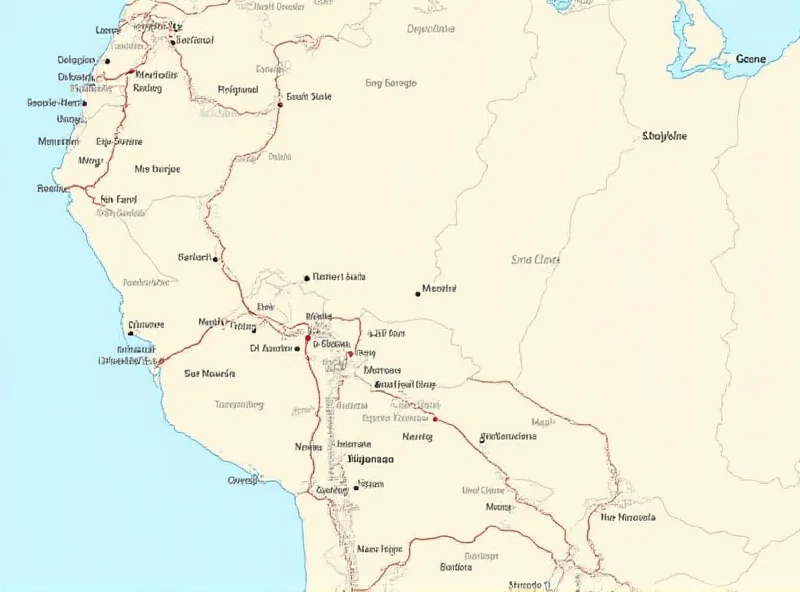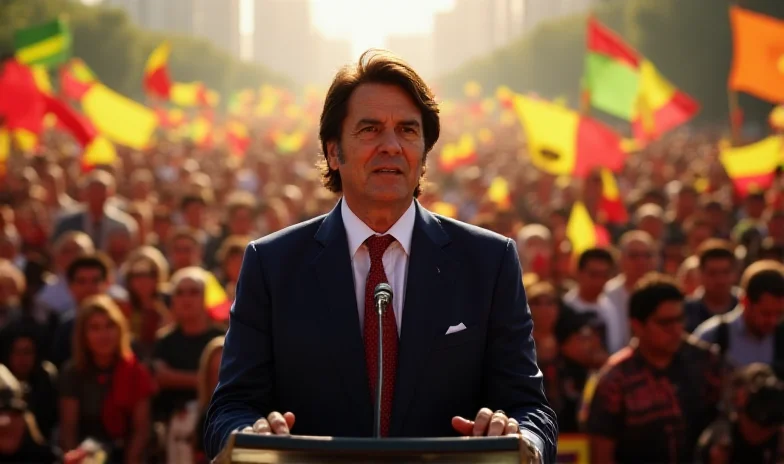Bolivia is facing a period of political upheaval and tragedy. Former President Evo Morales has officially resigned from the Movement for Socialism (MAS), the party that propelled him to power three times. This decision signals a definitive break with his former minister and current president, Luis Arce.
Morales' Departure from MAS
Morales' resignation from MAS marks a significant shift in Bolivian politics. This move solidifies the growing rift between Morales and Arce, his former protege. The relationship between the two leaders has been increasingly strained, and this resignation appears to be the culmination of those tensions. The future implications for MAS and Bolivian politics remain to be seen.

The split represents more than just a change in party affiliation; it symbolizes a fundamental divergence in political ideologies and approaches. It remains to be seen how this will reshape the political landscape in Bolivia.
Tragic Bus Crash Claims Lives
In a separate incident, Bolivia is mourning the loss of at least 37 lives following a devastating bus crash. The collision, involving two buses, occurred early Saturday morning, leaving approximately 30 others injured, according to police reports.

The details surrounding the crash are still emerging, but authorities are investigating the cause of the collision. The incident highlights the ongoing challenges of road safety in the region.
A Nation in Mourning
These two events, Morales' resignation and the tragic bus crash, paint a picture of a nation facing both political uncertainty and profound loss. The country grapples with the consequences of a changing political landscape while simultaneously mourning the victims of this devastating accident.

The coming weeks and months will be crucial as Bolivia navigates these challenges and seeks to address the issues raised by both events.

